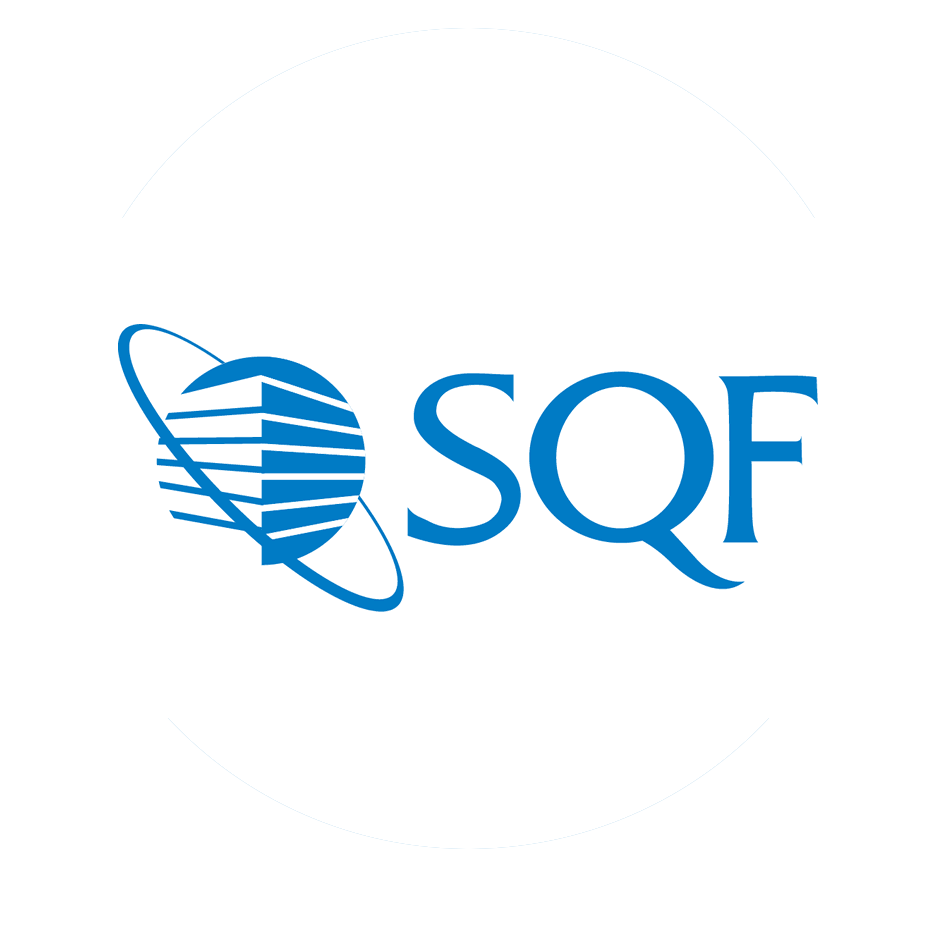Q- How do I become an SQF Practitioner? Take training?
A - We often get the question: does taking the training make me a Practitioner? No, only your company appoints the Practitioner and backup Practitioner to those positions. The practitioner must:
- Be a full-time employee in a position of responsibility for the management of the SQF System.
- Complete a HACCP Course. This course does not have to be approved by SQFI, but the practitioner must be competent to implement and maintain the HACCP system.
- Have an understanding of the SQF Code and the requirements to implement and maintain the site’s SQF System. The SQF practitioner can prepare by participating in an Implementing SQF training course.
Q - What are the Training Requirements for an SQF Practioner, backup Practioner and Internal Auditor?
For SQF practitioners or backups: (as of SQF Ed.9, a company must appoint a backup Practioner) Required: HACCP training, two-day duration and assessed (exam). The “Implementing SQF Systems” training course is strongly recommended. SCS Q&A: We often get the question: do I need to take an exam after training? No, it’s optional. Some companies ask their Practitioner take the test, which is available on the SQFI website.
For Personnel conducting internal audits: Have successfully completed the Implementing SQF Systems training course; Have successfully completed Internal Auditor training;
Q - Is the PCQI training certificate of training accepted by SQF instead of HACCP?
A - Not at this time. A key foundation of the SQFI certification process is the benchmarking of the SQF Code to the GFSI Requirements Document which requires HACCP training. If GFSI provides the latitude to make this differentiation, SQFI will consider this change.
Q - What is GFSI, or GFSI audits?
A - The Global Food Safety Initiative (GFSI) is an industry-driven initiative providing thought leadership and guidance on food safety management systems necessary for safety along the supply chain. Their work is accomplished through collaboration between leading food safety experts from retail, manufacturing and food service companies, as well as international organizations, governments, academia and service providers to the global food industry. They meet together at technical working group and stakeholder meetings, conferences and regional events to share knowledge and promote a harmonized approach to managing food safety across the industry.
The mission of GFSI is to provide continuous improvement in food safety management systems to ensure confidence in the delivery of safe food to consumers worldwide.
What GFSI does:
- Specify for the recognition of food safety management schemes (SQF, BRC, FSSC22000, etc.) to defined requirements in its Guidance Document (currently issue 6).
- Drives global change through multi-stakeholder projects on strategic issues (eg. auditor competence, regulatory affairs, food safety for small suppliers).
- SCS Global Services offers training courses in GFSI schemes (SQF, BRC, Global GAP, Primus) as well as auditing services to verify compliance with the requirements of the individual schemes. A third party audit by an accredited Certification Body such as SCS is necessary to become certified to a GFSI scheme. GFSI is not affiliated with any regulatory agency.
Q - How does SQF compare to FSMA regulations?
A - View here https://www.sqfi.com/resource-center/fda-and-fsma-resources/
Q - How do I become an Auditor?
A - Each GFSI Scheme (SQF, BRCGS, FSSC22000, PrimusGFS, GLOBALG.A.P.) has requirements. Some SCS courses fulfill these, but some are only offered by the individual program. Most offering the training needed to become an Auditor. SCS offers some training for PrimusGFS Auditor, BRCGS Lead Auditor Training. Most schemes want auditors to have the basic trainings like Preventive Controls for Human Food (PCQI), HACCP, and the relevant basic scheme courses. More info here.







